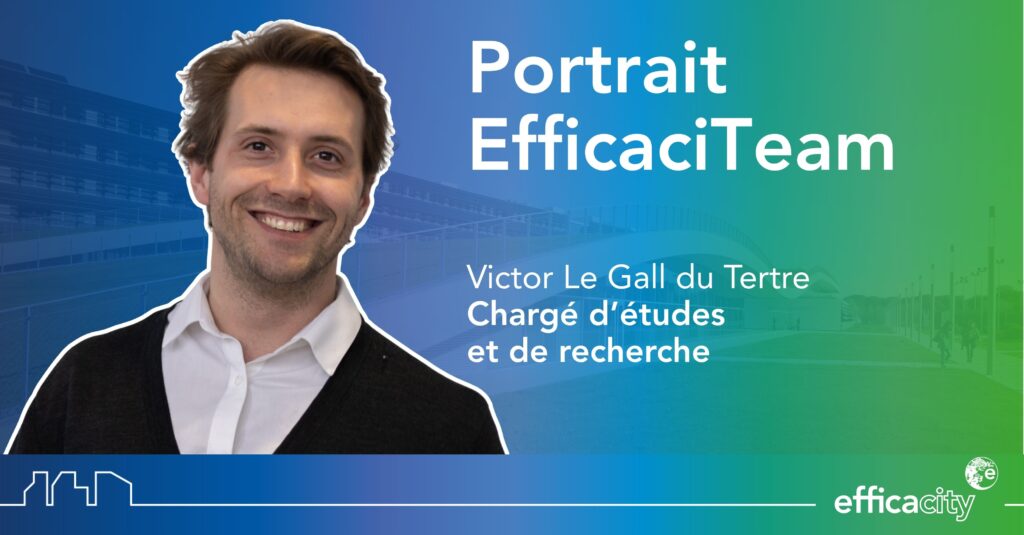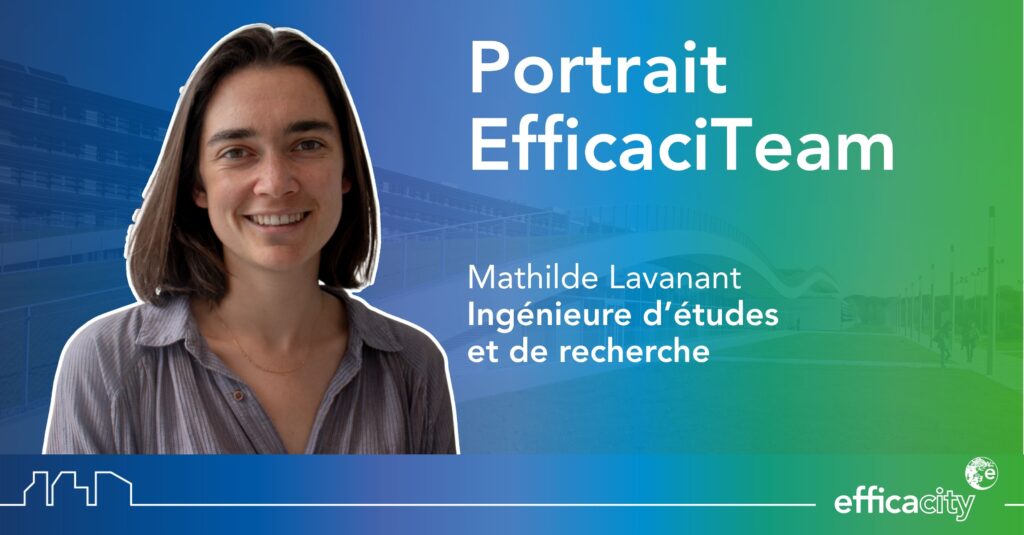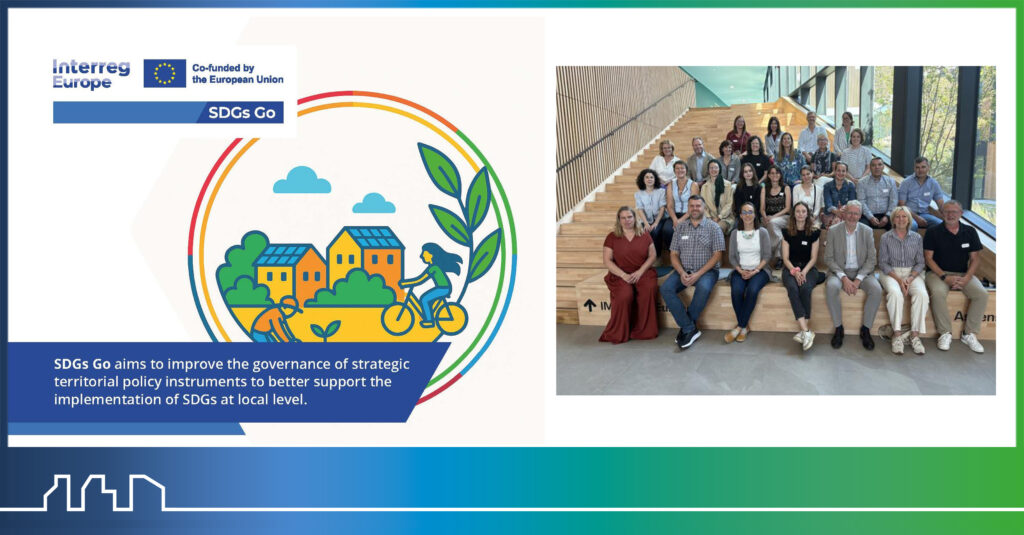The use of decentralised optimisation methods for energy transition
François Pacaud’s thesis is on energy system optimisation at district scale. He is particularly interested in identifying strategies for optimal management of energy stocks (batteries, immersion heaters, etc.), taking explicit account of uncertainty in the problem of optimisation… Interview with François Pacaud.
What is the subject of your thesis?
My thesis deals with the use of decentralised optimisation methods for energy transition. My work focuses more specifically on energy system optimisation at district scale.
I am particularly interested in finding strategies for the optimal management of energy stocks (batteries, immersion heaters, etc.) taking into account the element of uncertainty in the problem of optimisation (remembering how hard it is to predict renewable energy production in advance).
Imagine, for example, you have a battery in an office building. At midday, demand for electricity falls when everyone goes for lunch, while production from the solar panels on the roof is nominal. In this instance, it might be worthwhile exporting surplus production to other adjoining buildings by means of a local grid, or storing it in a battery. The value of optimisation algorithms here lies in finding which is the best choice to make in this kind of situation.
The two difficulties such problems may raise are immediately evident. The first lies in the management of uncertainty (stochasticity, as the mathematicians call it). The second relates rather to the large system aspect: how do you efficiently break down a system that may consist of dozens of subsystems, all interconnected?
What links your thesis to the work of Efficacity?
I am working on my thesis in Efficacity’s optimisation unit. I work with energy companies to get feedback on the validity of our optimisation models (which are inevitably a simplification compared to reality) by comparing them against real physical models. As a result, I had the chance to work with Romain Bonabe de Rougé on the integration of a micro-CHP plant with battery into a small building. Thanks to Romain, I was able to have my modelling of the system validated on more detailed models.
I also work with Tristan Rigaut on developing an optimisation library that aims to integrate all of our work. The aim is to allow people less well versed in optimisation to grasp our algorithms more easily. For example, you could ultimately define a local electricity network (or grid) very easily by adding in various elements (houses, buildings, solar power plant, etc.). Once the model is defined, we will attempt to minimise a designated criterion (management costs, for example) by using the stochastic optimisation algorithms we have developed.
What stays with you from your doctorate at Efficacity?
I will always remember the incredible atmosphere at Efficacity! What with the lunch breaks, breaks in the common room or the after-work sessions, I met so many fascinating people, all passionate about their work.



